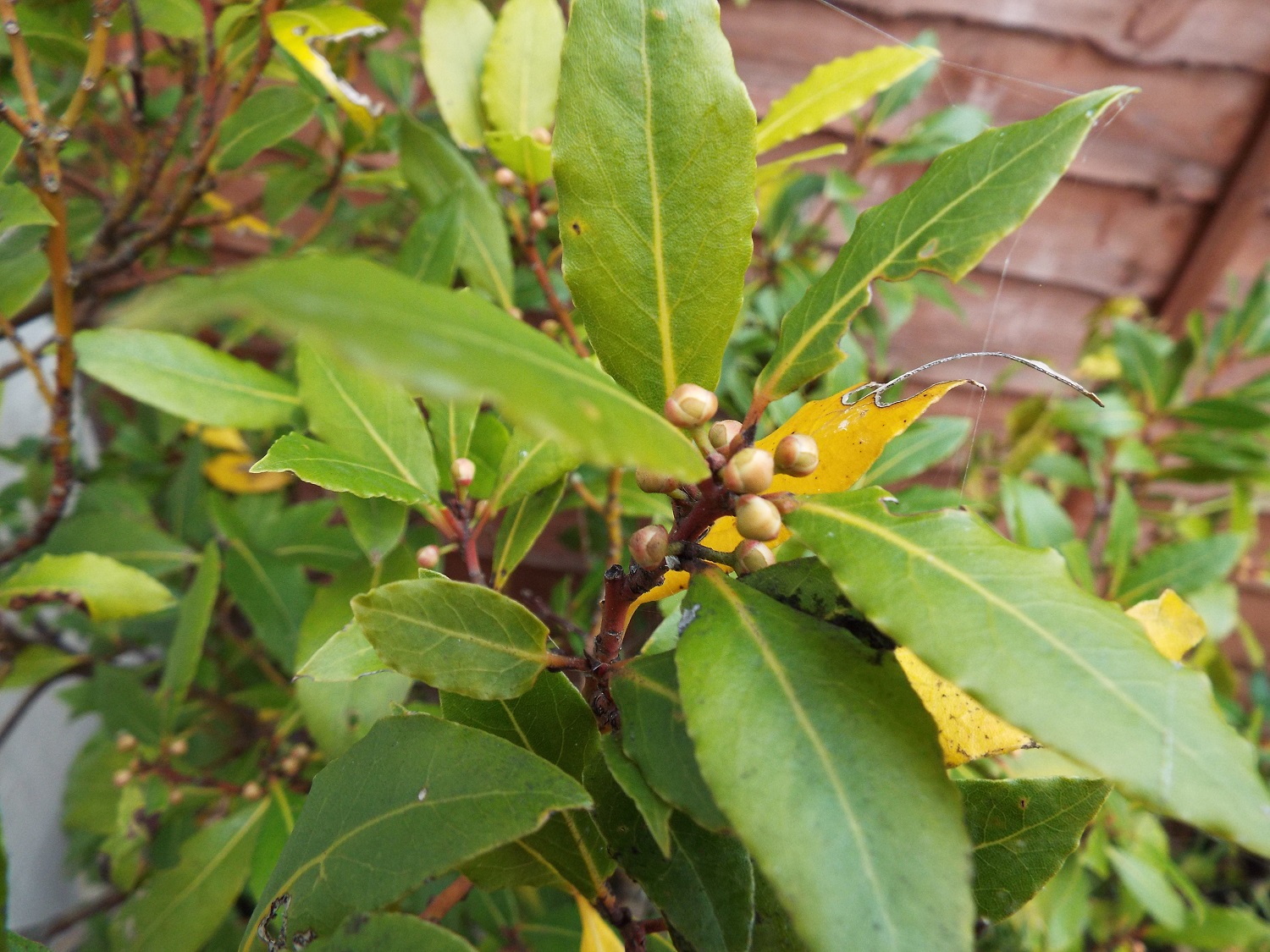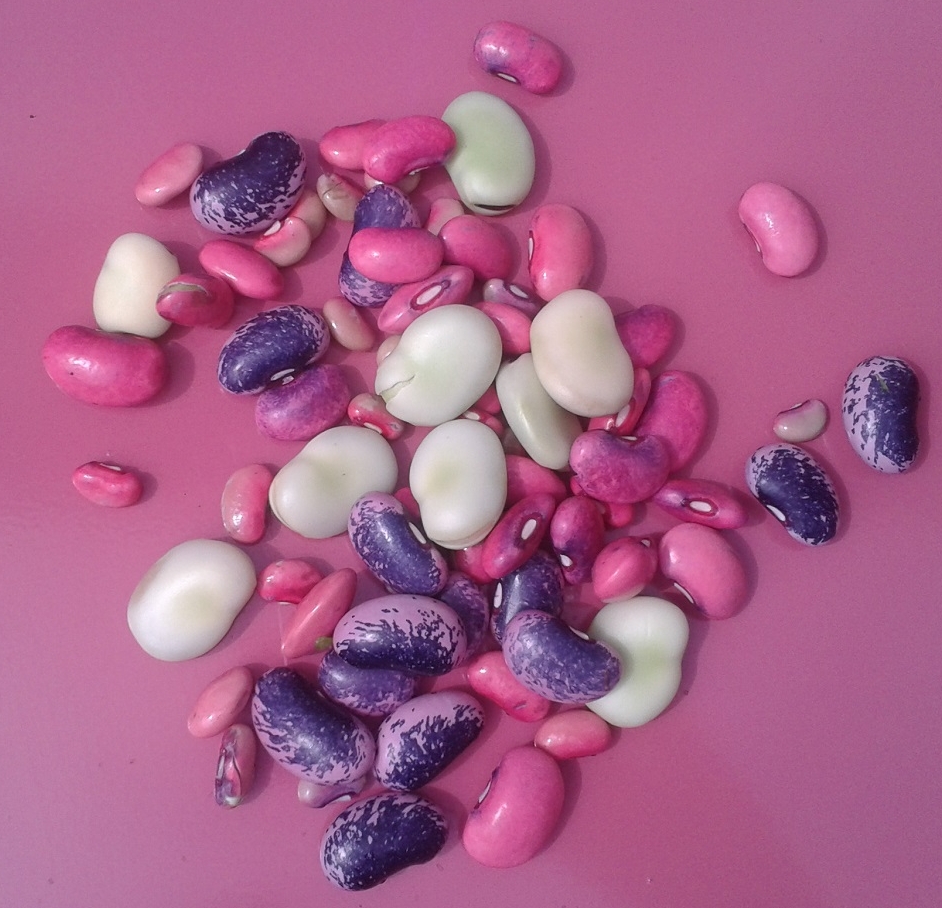This blog is about food - about avoiding waste, and about growing, harvesting, processing, preserving, storing, cooking and eating.
Ever since I researched Roman agriculture as part of my PhD, I've been fascinated by what herbs and crops it's possible to grow successfully in Britain, and how they can be processed, stored and prepared. So I've decided to use these Roman roots to write a series of posts about growing food - herbs, fruit and vegetables - in urban settings such as small gardens in Britain.
Fratton, a typical densely-packed urban environment in Portsmouth
My house is in Fratton, Portsmouth. Its disadvantage is that it's in a very densely populated urban area, and the garden is small. Its advantage is that it has a garden at all, part of the Victorian legacy of builders and city planners with foresight and the desire to reflect the needs of the occupants. The shipyard workers and their families that these houses were built for, in terraced street after terraced street, in places like Fratton in the 1880s, would have an outside space for a washing line, a privy and simply for having a bit of garden. The privies have gone, though washing lines remain kept aloft on tall poles that sway when the storms come in off the Solent. And we have these amazing spaces where - if we don't concrete them over - we have ready-made soakaways (which help prevent surface flooding) and growing areas. You can plant straight into the earth, or use pots, trays and all sorts of recycled containers.
There will be tips on this blog for getting started and making the most out of small urban gardens, and simple recipes for using the herbs and vegetables that are the easiest to grow. As I'm going to look at the archaeology and history of growing food and food consumption, this inevitably leads to thinking about the environmental 'politics' of food and the impact of our food choices on the planet. So for example, growing herbs and spices instead of buying ones flown to Britain across long distances can make a difference if we all do a little. And it saves money.
However, it's not all ancient lore. Far from it. The modern world comes into play a great deal - from drying out bay leaves in a warm oven to storing New World corn cobs and chillies in a freezer.
The late crop, never wasted. These herbs and chillies were picked from my Fratton, Portsmouth garden in early December 2016
I'll be writing about cooking with this home-grown produce, including finding the cheapest additional ingredients as well as finding the more environmentally friendly options, both in supermarkets and in local independent shops. There's a shop on Fratton Road, for instance, where you can buy four naan breads for £1 and watch it being made, fresh and hot, right in front of you.
Over the year I'll be looking at budget cooking, vegan and vegetarian cooking, and faking takeaways for a fraction of the price. In tackling the scourge of food waste, I'll play about with recipes that preserve food for long periods of time, such as pickles, jams and jellies, and soups and sauces that can be stored.
Hot Chilli Jelly Jam, made with home-grown chillies
Food is about health, and the pleasure of cooking and eating - food has both a basic and a complex relationship with the body. Food is a big deal. But it needn't and shouldn't be big business all the time. A small urban garden and a small urban kitchen can have important roles, at all times of the year. Our 'garden year' tends to wind down with Hallowe'en and pumpkin lanterns, followed by the last picking of chillies in November (and last year, early December). Winter is fallow although there are still hardy herbs growing, like rosemary, bay and thyme, which are great for seasoning any potatoes you've grown or bought. Winter's also for planning and preparing, and sorting out seeds that are still good to use, and for reclaiming objects as containers for plants or food. Left-over jars from Christmas are good to keep, for example. As Spring comes round it's time to plant and nurture, and herbs such as basil and chives can be picked and pulped for pesto from early summer. We have tomatoes everywhere, from Summer through to Autumn, and so the cycle begins again.
It might sound a bit pretentious but there's a real satisfaction to be had from side-stepping the corporate agri-industry as much as possible, reducing waste, getting some exercise and having an 'outside room' that's decorated with things that are alive and growing and colourful - and it's somewhere calming to sit and relax at the end of the day.
The garden's a palette and we use it to paint a new picture every year. It's our urban splash of colour in a brick and concrete city - and the resulting food really, really does taste better.






